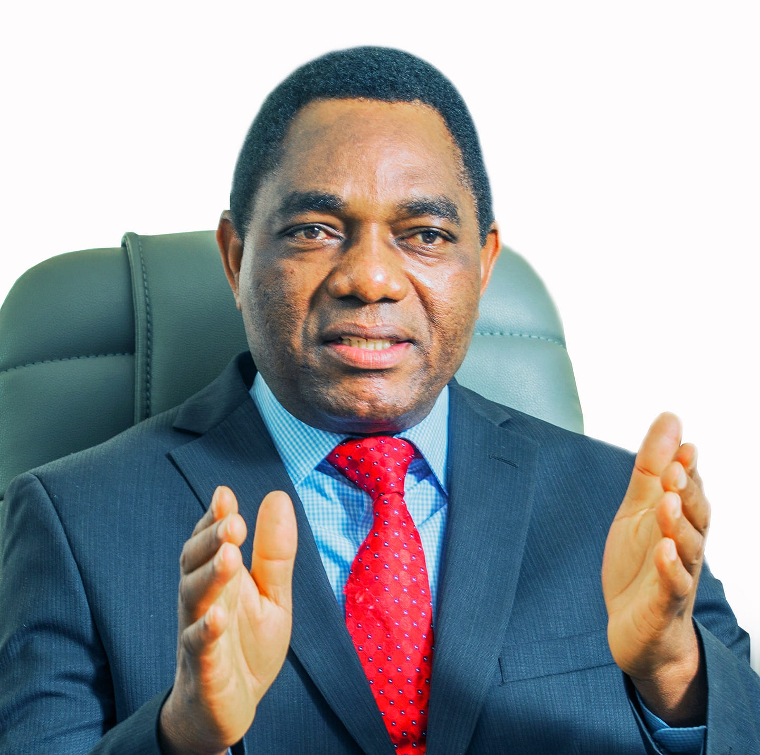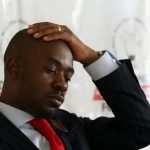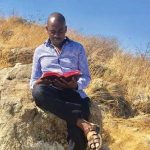Many people see these undemocratic actions as resembling the crackdown which Hichilema and the now governing United Party for National Development (UPND) endured while in opposition in the 2010s. The major difference is that the different interest groups that previously condemned similar attacks on democracy and human rights under Lungu are now mute for a variety of reasons.
Appointments to government bodies have secured the wilful silence of erstwhile civic actors while intellectuals, mainly from Hichilema’s ethnic Tonga group, who led the onslaught against the PF, have developed a new career: attacking those who criticise Hichilema, making excuses for and justifying his nascent authoritarian behaviour, and ignoring his transgressions.
Hichilema also feels that he has the personal support of key figures in the diplomatic community whose grovelling attitude towards him lends credibility to the charge that Western countries are prepared to ignore a leader’s attacks on democracy if that leader serves their interests. These include the UK High Commissioner Nicholas Woolley and the US ambassador Michael Gonzales, the latter of whom has — unlike his recent predecessors David Young, Daniel Foote, Eric Shultz, Mark Storella and Donald Booth — hardly shown any interest in questions of human rights and considers Hichilema “a personal friend”.
Other diplomats such as the recently arrived Swedish ambassador Johan Hallenborg are not simply ignoring the violations but even attempting to construct an alternative reality by claiming that Hichilema, who has strategically weakened civil society, has “enhanced human rights and improved the civic space”.
Like their governments, Western diplomats have so far conveniently avoided publicly criticising their malleable partner for the rights abuses of his administration partly because of the fear that doing so may inadvertently strengthen his main political opponents, who ideologically lean towards Russia and China. Regional rights bodies such as Amnesty International and Human Rights Watch that previously highlighted violations with impressive commitment and efficiency now speak through absolute silence.
Emboldened by the lack of vocal outrage against his emerging authoritarian tendencies, Hichilema’s claims of an impending coup serve as a convenient pretext for consolidating what he is already doing – eroding civil liberties – and stopping Western allies and rights bodies from calling him out.
Knowing that he has their support may make him feel comfortable in expanding the crackdown on opposition leaders and using the threat of what has happened to Western-backed presidents in West Africa as a sufficient reason for Western governments to continue supporting him even if his actions erode democracy.
As mass hunger bites and poverty worsens due to the rising cost of living and doing business for most Zambians, will Hichilema, a man elected precisely to resolve these challenges and to advance democracy, resort to full-blown repression or authoritarian rule to sustain his hold on power?
Only time will tell. – M&G
(388 VIEWS)


